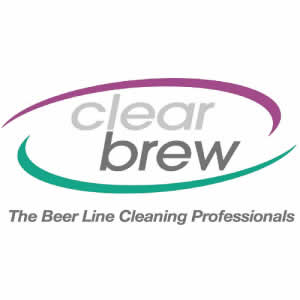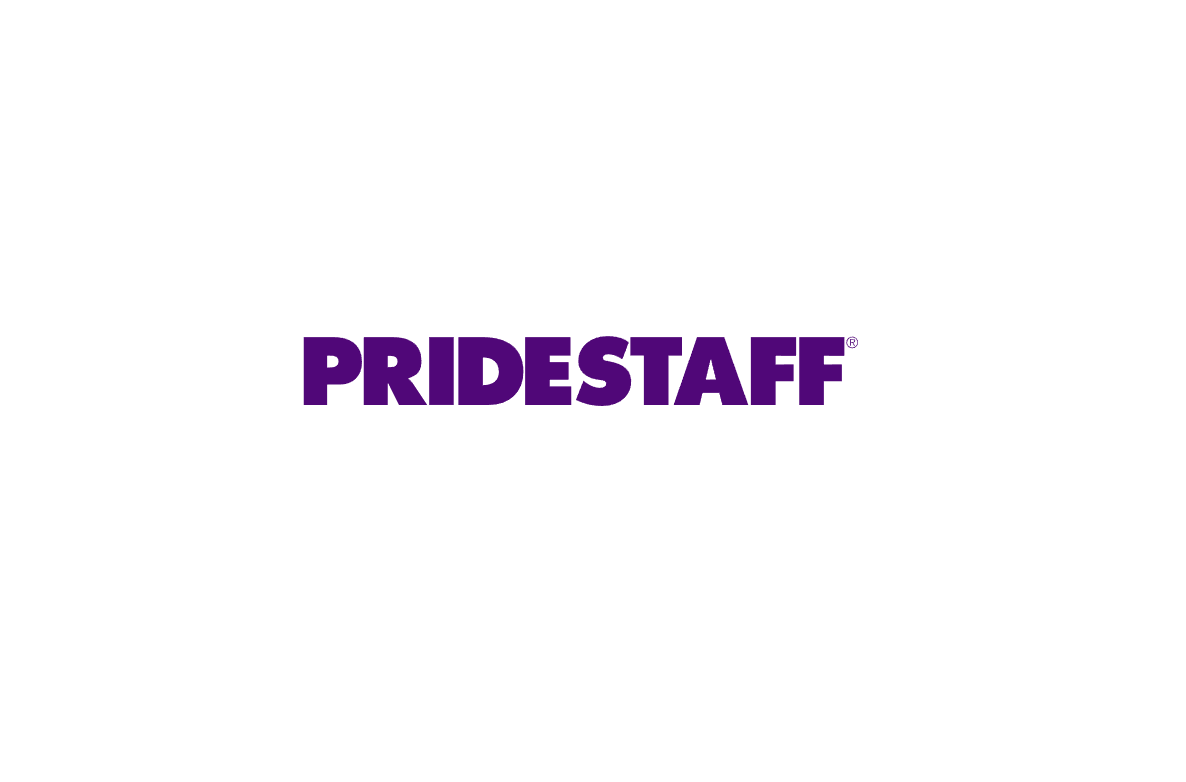IR35 Coming to Force in the UK Market and its Impact on Franchises
Introduction:
IR35 is a tax law in the UK; it is a tax legislation designed to tax ‘Disguised Employment’ at a rate similar to employment. The IR35 will address workers who receive payments for work via an intermediary, for instance, their limited company, and whose interaction with the client is one that if they had been paid directly, they would be taken as employees of the client. In this article, we would be considering the impact of these rules on franchises? Do the IR35 rules affect franchises? Are franchisees functioning as disguised employees? Follow me carefully and find out.
What the IR35 rule aims to achieve
Briefly, let’s consider what the IR35 rules aim to achieve; it is simple; the IR35 standards aim to increase the inflow of tax by curtailing business operations who escape tax payment using a guise. These rules ensure workers are correctly classified as employed or self-employed and pay the correct amount of employment tax.
The Franchise Business Model
Let’s take a step back to understand how the franchise business model works. In a franchise operation, the owner of the original business, known as the Franchisor, primarily sells the right to use his brand to an entrepreneur called a franchisee. The Franchisor provides the Franchisee with ongoing support in areas such as business operations, marketing, and obtaining financing. In return, the Franchisee agrees to follow the Franchisor’s business model and to pay the franchisor royalties based on a percentage of unit sales.
What does the IR35 Tax Legislation Mean for Franchise Businesses?
This IR35 is complicated, but the best way to simplify it to determine whether a franchise business is inside IR35 is to answer this question; are the franchisees’ considered employees of the company or brand by the Franchisor? If they are not employees, then they are outside the IR35 rule and are not required to pay employment tax.
How will the IR35 rules effect franchises? Would the whole franchise be caught by IR35 or is it on an individual franchisee basis?
The answer to this vital question is, depending on the particular structure of the business. When considering the IR35 rules and Franchise businesses, for some, the Franchisee then gets paid by the Franchisor for goods/services; in this kind of model, the IR35 rules apply, it automatically becomes disguised employment.
If, for some reason, a franchisor is required to pay the Franchisee for goods and services provided, which is rarely the case, then that is, in fact, disguised employment. The Franchise businesses that fall into this mode of operation can prepare for the new IR35 changes by considering the following:
A company will be classed as a small company and outside the IR35 rules if it meets at least two of the following three criteria:
- A turnover of not more than £10.2m
- A balance sheet total of not more than £5.1m
- No more than 50 franchisees that are also regarded as employees that the company pays.
How then should franchise businesses who operate under this structure and model prepare for the new IR35 rules?
Below are some tips to prepare for IR35 tax changes:
Preparing for this IR35 tax change is imperative as there are consequences if HMRC disagrees with the company’s assessments; this is not at all a straightforward process and can involve complicated ’employment status’ considerations. Let’s take a look at some of the tips to help you prepare.
Conduct An Audit For The Franchisees Considered As Employees
In preparation for these changes, it is essential to carry out an audit of employees or franchisees that the Franchisor pays. You must be able to answer questions such as:
- How many Franchisees work within your company?
- What is their importance or contribution to your business?
- Which parts of the business/services are you paying the Franchisees for?
Who’s Inside Or Outside The New Rules?
The next thing to do is to determine if the Franchisees fall ‘outside’ or ‘inside’ the new IR35 rules. The best way to achieve this is to assess Franchisees individually. Failing to demonstrate reasonable care to classify such roles for employment tax purposes correctly can incur severe consequences. The government’s Check Employment Status for Tax (CEST) calculator can help you determine whether IR35 working rules apply.
Communicate With Franchisees
It is essential to communicate regularly with your Franchisees. They are more likely to continue the partnership with the company that has proper IR35 policies and procedures in place; being open and transparent will help ensure you continue to attract the best freelance talent.
Conclusion:
Franchise businesses are generally outside the IR35 rules but for the peculiar case stated above where franchisors pay franchisees for goods and services. In that case, the Franchisee will be employees of the Franchisor, and the IR35 rules will apply.
Taking time to prepare if you an owner of a franchise business is the best bet to avoid the hefty fines that come with the violation of the IR35 rules.
If you would like to get in touch with the author of this article, Julie Provino, who also runs a business called VeryHR, please click here to email her.










